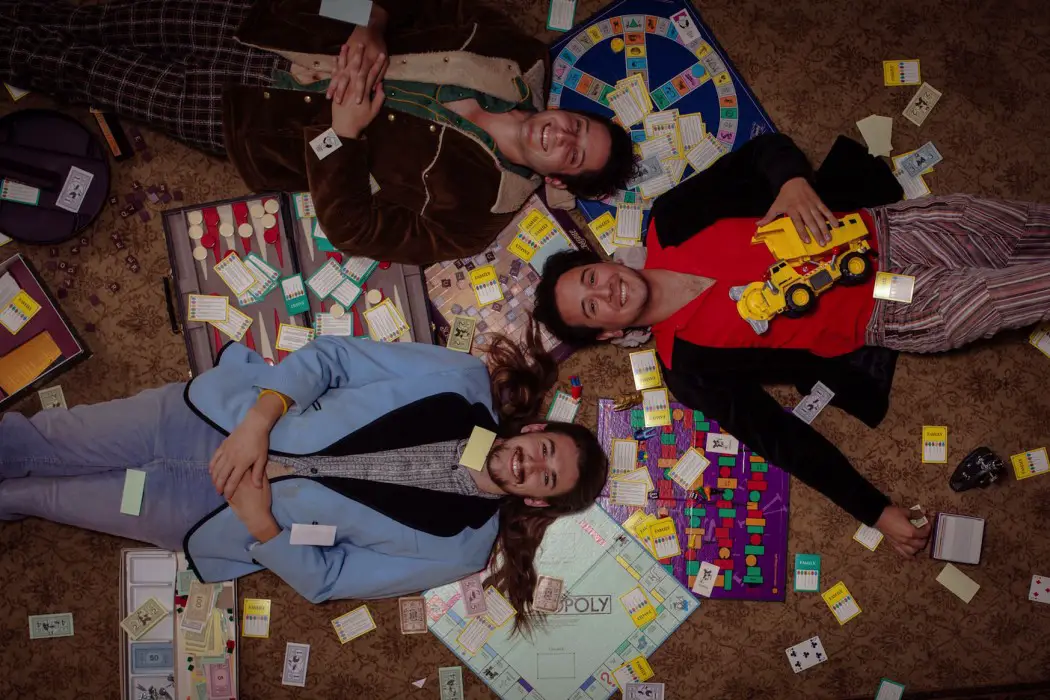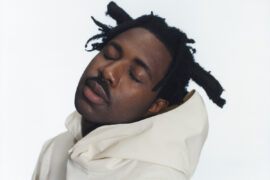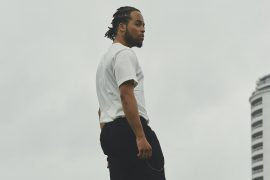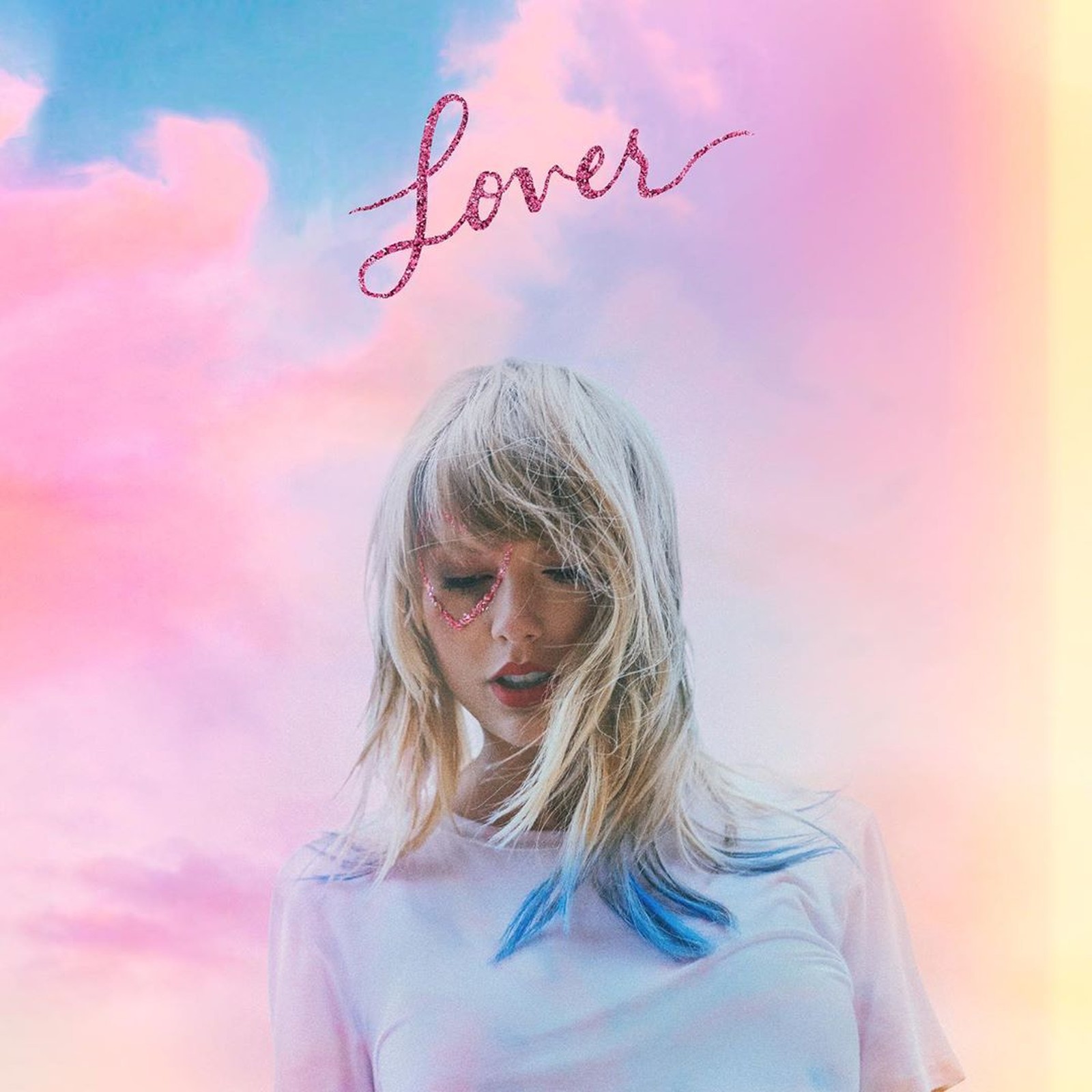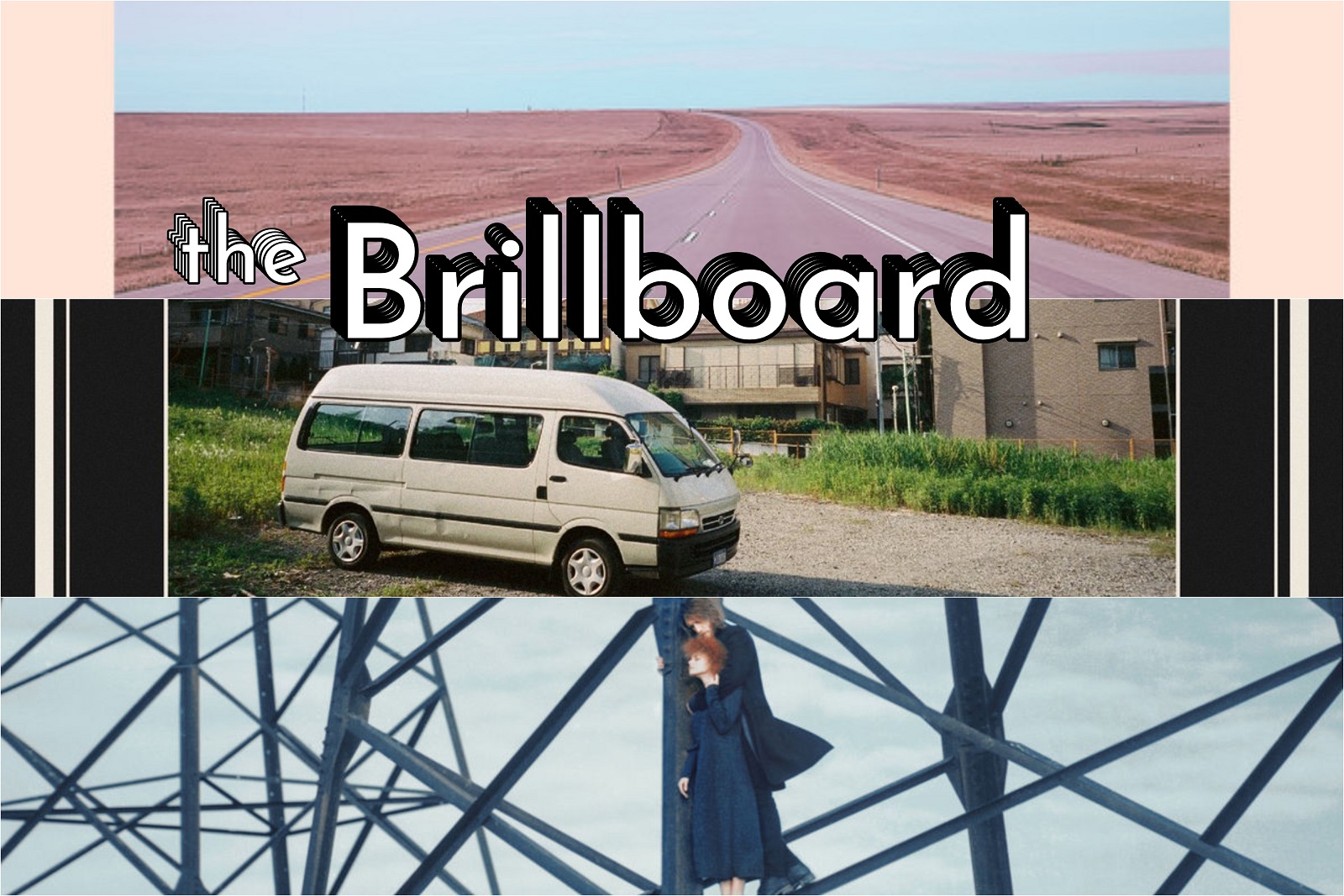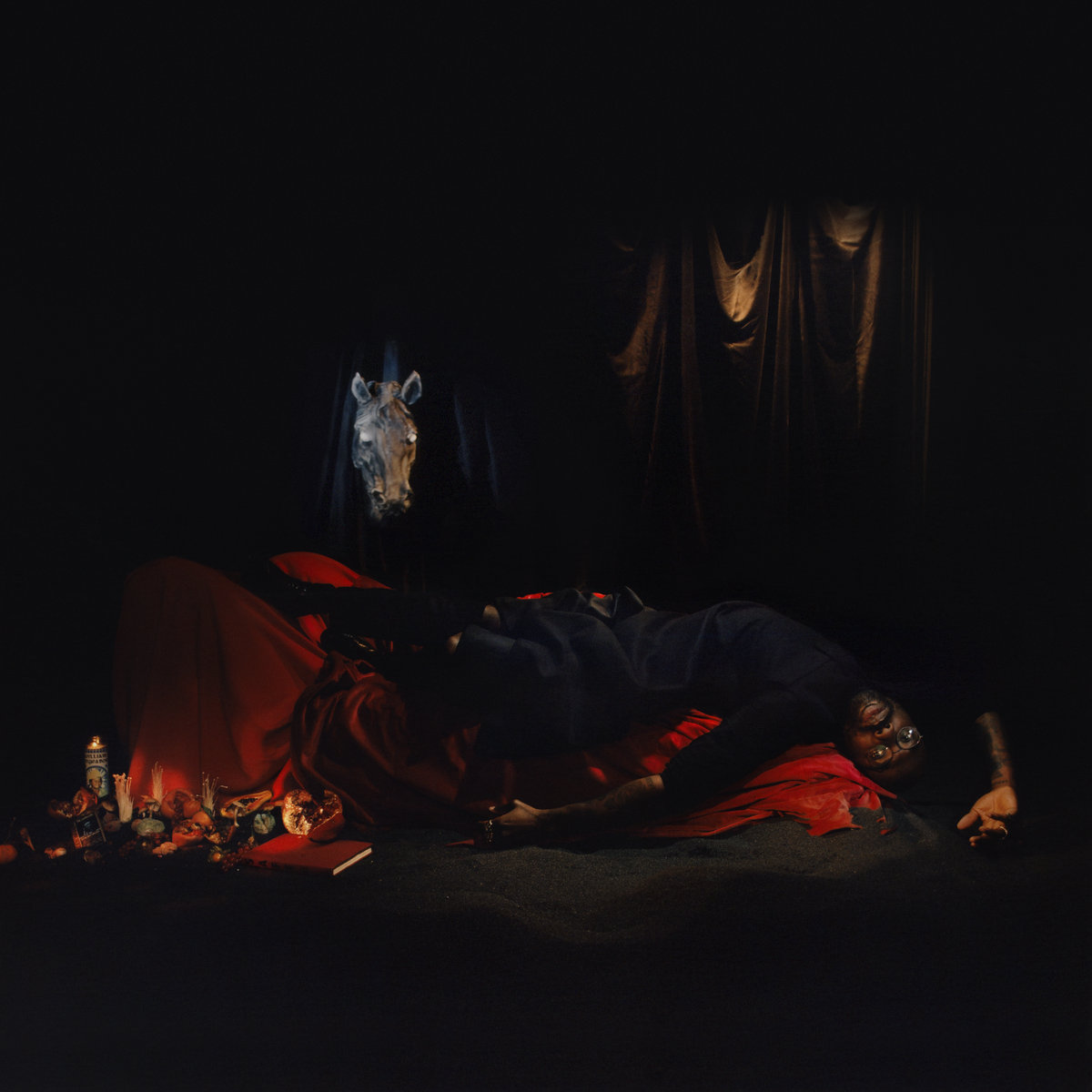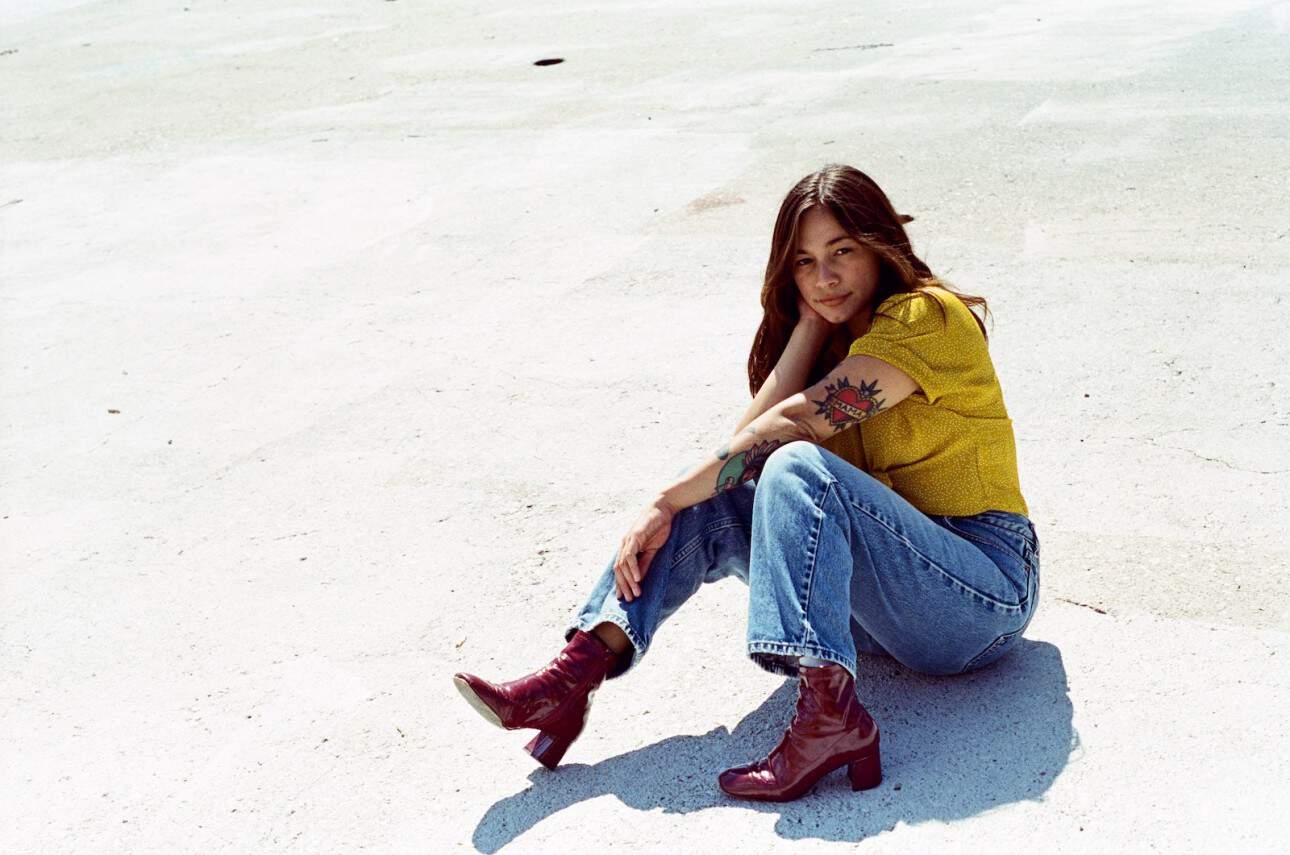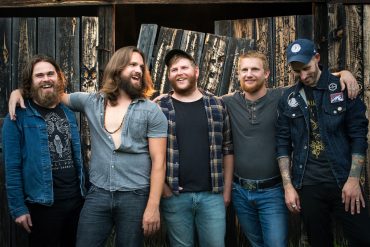To claim that your band evokes a 70s California sound and that you not only draw, but also channel, inspiration from legendary bands like The Beach Boys is quite a statement. And it is one that King Washington lives up to. Having been a band for around 10 years, released two full-length albums, done residencies all around the country, and gone through different lineups, the Los Angeles band’s evolution and history seems to have built up to the release of their third album, Potential. Touring gave the band confidence, and after Tyson Kelly, the band’s main songwriter, shut himself away from the world, the forthcoming Potential began to take shape.
Atwood Magazine caught up with Kelly after the release of King Washington’s latest single, “My Reflection,” in advance of the album’s release to talk about the band’s journey, Potential, and what’s to come for King Washington.
Watch: “My Reflection” – King Washington
[youtube=https://youtu.be/pGWE75JecG4?t=0s]
A CONVERSATION WITH KING WASHINGTON
Atwood Magazine: You guys have been a band for quite a while—what do you think has changed the most from when you started to today?
Tyson Kelly: Wow. A lot has changed, we’ve gone through a lot of lineups, and I think that getting George and Billy…Once Billy joined, I think we really hit a great synchronization that we’d been searching for for a long time. The first full album we released, The Gears, we had one of my best friends, Kyle, on the drums and one of other my best friends, Dylan, on the bass. And Dylan and I really were the power team in the early years, and then George got more involved in the writing and singing and really took it up to another level, I think. And somewhere in between our second release, when Billy joined, and now, we’ve just toured so much. And [at first] we were afraid to get out of LA because we didn’t think it was possible to have a successful tour without having some big agency sign us or something, but we just took a leap of faith and we just reached out and booked our first tour in New York. It was an acoustic tour—the three of us flew out there and we did seven or eight shows in a week and we just had the best time. We got a lot of love, and met some really cool people who to this day are big fans and friends of ours and come out to all our shows, and just the reception was really special and we all kind of said “We gotta do this more often.” So then I put it upon myself to do national tours for the next two years, and we did, we did a certain thing called geographic residencies, where we’d go to New York and have a residency there, go to DC and have a residency there, and one in Philadelphia, and we’d circle around throughout the month and play specific days of the week—every Thursday in New York, every Wednesday in DC. And once we started touring more and developing relationships with people, this not only tightened us up as a band but also gave us some insight as to how well our music was received outside of LA, where the crowd tends to be more reserved, because everybody and their dog has a band out here. It’s much more competitive. I think that was an eye-opener for us and inspired us to get more serious and to keep it going.
What about King Washington is most quintessentially Californian?
TK: You know, I think the big influence that bands like The Beach Boys had on us, and all of the harmony-saturated bands in the 60s and 70s, as well as today’s. All these people, like Neil Young, lived in LA in the 70s. And there’s something really distinguishable about their sound, and we have that influence, but also our own sound. And all of us being from LA and Southern California, I think it’s a good label to put over the music we make because while it’s very eclectic, there’s always a signature, something [that identifies]. When you hear a track of ours, they always have something in common. And what that is, is up to the listener to decide. I think that’s the best way to put it—the “new California sound” is a great way to put a label on what we’ve been working for so long.
That’s interesting, because my next question is precisely about this “New California Sound” description. So you’ve been described like that, but is there any other way you would like to describe your sound?
TK: We try to write music that doesn’t come out as “oh, that’s clearly a song written in 2015,” you know, going for the more timeless music. I think it’s silly sometimes when you hear a song on the radio and think “clearly, this was in the 80s.” I think it’s kind of a challenge to maintain a modern sound without sounding like it will be dated in 10-20 years, which is why it’s always safe to have two guitars, a bass player, a bunch of vocals. And with modern-day production and our amazing producer Alex Pfender, I think it’s a hybrid between keeping the production modern while keeping the songwriting kind of timeless. Or at least that’s what we’re going for.
You currently have a residency at The Satellite in LA. Is there something special or different about playing to the California audience given that you’re from there?
TK: I think we get a lot of love here because we’ve been playing for 10 years and people just know us and they appreciate us, but I think if it were a new project it would be much more difficult. It’s a tough city to get a lot of love, and we’re really grateful. I’m sure it has something to do with the fact that we’re from LA, but I don’t know if that really is what people think. I think the fact that we’ve been going for so long is how we’ve been able to hoard so many appreciative fans.
You’ve been voted by the LA Weekly as one of their top ten live bands. What do you think makes your live show so remarkable?
TK: I think it’s just the vocals. I’m into really classical music where it’s just sophisticated and doesn’t appeal to the common listener, so when I go to a show and it’s just one singer sometimes it can be boring unless the band is just phenomenal or the songwriting is. I don’t know, I think that what we do vocally in our live shows, without playing the tracks or Auto-tune or what have you, is what stands out as impressive to the crowd. I think a mixture of tightness as a group—George’s amazing skills in lead guitar, and he can also sing while doing this crazy stuff, and a combination of our vocal arrangements, which are just all over the place throughout the set—as well as the dynamics of the show throughout , have all combined to be somewhat of a spiritual experience. That’s definitely what sticks out about a lot of other groups.
Your fan demand (base) has places like Argentina, France, and New Zealand on it. What is one country where you dream of touring in?
TK: Gosh, we’d love to hit the UK. We’d love to hit Europe, specifically England, maybe even Germany. There are obviously so many influences on American music that the British brought over, so I think that would be our first goal—to go over to England and give them a taste of what their history has brought to us and influenced us, and see if we influence them back fifty years later.
Yeah, the British are amazing. And they’re really appreciative of good music, so for a band that’s not from there to tour there must be really nice.
TK: Yeah, that would be something.
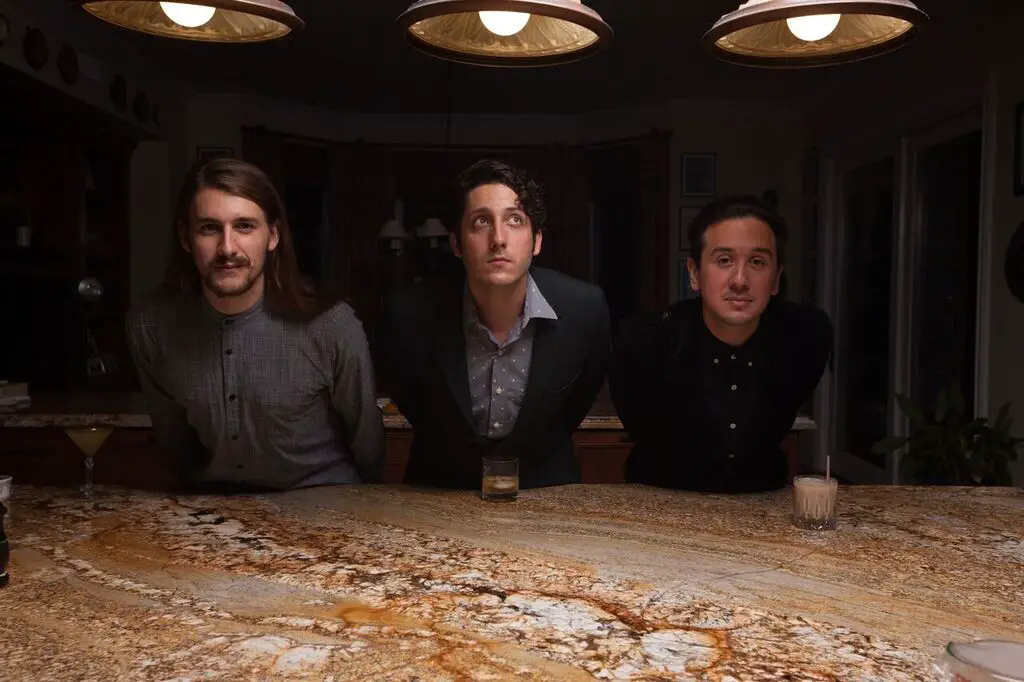
You were known to play shows wearing colonial period-like clothes. Why did you do that, and is it making a return?
TK: So that was a campaign, if you will, a phase. We realized that so much of finding success in today’s music is image and I think we just wanted to, you know, really hype up our existence just by word-of-mouth. And one really fast way to do that is to have ridiculous costumes at every show. So we tried to pull it off in a very suave way. We hired a very talented fashion designer to custom-make these suits for us, and they were just a little bit off the mark of making them a permanent thing. We got a lot of mixed reviews. They were great for the photoshoots, live they were fun and definitely eye-poppers, and people don’t forget this kind of stuff–to this day we have people saying “Hey, when are you bringing those costumes back?” But they didn’t quite match the seriousness of a lot of our music just due to the costume-y aura that they presented. So we’re working on getting a new image and we’ll definitely be getting back into something sophisticated, and hopefully a little bit more relatable [so] that people will say, “I’d like to wear that!”
Were they comfortable? Because I assume you have to be quite comfortable to play instruments and sing on stage and just be present.
TK: They were very comfortable! She designed them to be able to be flexible. I can’t remember what the material was, but they were stretchy so you could really go wild on stage with the movements and not have to feel restricted.
How do you think Potential, your upcoming album, differs from your previous ones?
TK: Well, we really took our time developing the material for this one. The fact that we toured for so long definitely held back our priorities from being in the studio, so this past year we’ve only been trying to write. I think this new album has a more solid, unified sound and more consistent quality of lyrics and I think we’ve done a good job of maintaining our sound without going too overboard in the sophisticated, over-your-head kind of music that we can write sometimes. A lot of these songs are mesmerizing and beautiful and take you on a journey, but you never feel that on the radio. I think with this new album you’re getting a lot more slightly closer to the commercial mark than before, and I think that will prove to hopefully enlighten the masses and hopefully get a bit closer to us being able to do this for a living.
Potential took inspiration from 60s and 70s California folk—what is it about that time and that genre that inspires you?
TK: A lot of that music is just timeless, and I think that’s the golden era of songwriting, if you ask me. You had soul, blues, and rag time and all of this crazy awesome music before that and it all just exploded into this amazing pop, rock and roll, and British invasion and the psychedelic area, and that the country went through the explosion of [a social] revolution—the peace movement, women’s rights, and everything that happened during these 20 years—all came through the music and it was just an incredible time for the world to express themselves. Along with technology that had come with it and the great gear that they had by then, it was just this perfect storm of brilliance, and I think that any songwriter today would agree that that was the golden era. So realizing that at a young age, and being fortunate enough to be introduced to that kind of music at that young age—my old Nan, my mom and my dad both played what they liked—and also just getting a sense of what was current on the radio by growing up in the 90s. I was just lucky to be introduced to that music at a young age, and fell in love with the vocal arrangements of groups like The Beatles, The Beach Boys, and The Stones, The Talking Heads. That was the music that spoke to me most because I saw that it was timeless.
“My Reflection” was described as an “indie-rock lasagna.” What food would you say best represents the album?
TK: What food? (laughs) Gosh, let’s see. Maybe like a shepherd’s pie—you got so many layers in there, and at the end you’ll be really full and satisfied, hopefully, out of all of the different layers of scrumptiousness.
You said that the inspiration for the upcoming album came from “shutting yourself away from life” and missing out on all the beauty in the world. That’s pretty dark, but “My Reflection” doesn’t reflect that sentiment. Can we expect other songs in this album to address this in a darker, moodier way?
TK: Yes. There’s a few other tracks—one called “The Other Side” that is very deep, makes me wanna cry every time I hear it, it’s just really a tragic song. There’s kind of a sense of longing throughout this album—acceptance, growth, rejection, loss—that’s kind of the general theme, and eventually moving forward. It’s a journey of learning to deal with pain.
What was the idea behind the “My Reflection” video?
TK: I wrote this chord progression a few years ago and always wanted to do something like this. I went to New York for a few weeks for a writing retreat and stayed in New York to really focus on honing down some ideas, and came up with this full demo with the drum loop. I was in New York, loving life, so happy, and I thought “God, what if I just left my life in LA and just came out here because it’s so perfect for me”, so the song and the video shows it too. I filmed half of it in LA with the band, and I went to New York and filmed some other bits there, where you see me walking around in New York, pondering. The whole thing is “what if I did?”—I would kill it, I would, I could. Essentially it just ends without a resolution. It’s up to you to make a decision, it’s a song for a daydreamer.
And in the video, why did you choose to have David play a cartoon drum set instead of a real one?
TK: So we just did a lot of improvising in this park and shot the majority of the footage in a couple of hours there. I directed it and edited the project, and off the top of my head I said “We’re going to have you play the air drums and put in some animations later.” It was all very last minute, thrown together without any budget at all. I think it turned out pretty cool. I reached out to a friend of ours, Lauren Kisich, who’s done work for us before—she did this really cool animated video to our song “Animal”—and it turned out terrific and she helped us out and I think it’s just a cool idea. It matched the exciting, high energy visual/audio from the song.
Watch: “My Reflection” – King Washington
[youtube=https://youtu.be/pGWE75JecG4?t=0s]
What has been the most memorable moment in your career so far?
TK: Definitely, [our] tour with Collective Soul was by far the most exciting and significant thing that has ever happened to us. We had 17 dates with them last October and November, you know, every show was success story after the next. We got so much love from the crowd—we sold so much merch, we ran out of merch by the end of the tour. We brought 500 CDs of each album and we had to order more while we were on the road—we were averaging about $1,000 per night in merch. It was just insane. And it was like “wow, okay, this is what we need to be doing, we are where we belong” and it was a huge taste of the big leagues and [it] inspired all of us. That was kind of the last tour we did. We haven’t toured since and haven’t gotten an opportunity like that, but we’re hoping things will open up in the new year.
They will! Finally: Ultimately, what do you want to achieve with your music?
TK: Just connecting with people and making [their] days better. I love hearing, like, “Gosh, this song got me through this time, I was so down.” And music really heals people. I love that. Ultimately it’s a medication, making people feel better about themselves and their day, or whatever they’re going through. I think that’s a great thing to do and be able to do, and we’re lucky this is something we’re responsible for—or slightly responsible for. A lot of the newer songs we’re writing have some stronger messages in them as well, so getting people to think slightly differently…so many people have different perspectives on their outlook on life. I think a lot of our messages, especially as of more recent, are things people can live by and hopefully agree with: peace, love, that sort of thing, making change. I think connecting with people and changing their perspective a little bit, and resonating with them, are a few goals there.
— — — — —
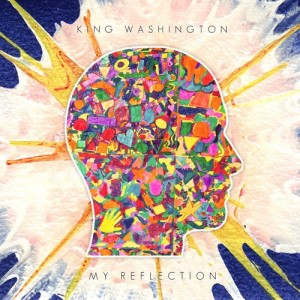
Connect with King Washington on Facebook, Twitter, Instagram
Discover more new music on Atwood’s Picks
cover photo: King Washington © 2016[soundcloud url=”https://api.soundcloud.com/users/1429692″ params=”color=ff5500&auto_play=false&hide_related=false&show_comments=true&show_user=true&show_reposts=false” width=”100%” height=”450″ iframe=”true” /]

